Where to get a music education down under
OrchestrasA piece of social research on The Conversation:
There are systemic music inequalities in Australia based on where you live and where you go to school. Inner-city, private school kids are often the most likely to access music education. Kids living in rural areas are the least likely to have music opportunities.
Music inequality also exists between states. Queensland has had a long tradition of offering accessible instrumental music lessons and ensembles, but most other states fall short. Many children cannot access instrumental music education…
Small towns may not have the capacity to attract large-scale professional orchestras, but increasingly new education initiatives are being developed to fill this gap and break down location-based barriers. And regional chamber music tours have become the norm for some organisations.
One initiative to address music inequality is the Regional Youth Orchestra NSW, created by regional conservatoriums. The NSW regional conservatoriums are located in diverse communities and aim to address disadvantage by offering inclusive music opportunities….
Read on here.

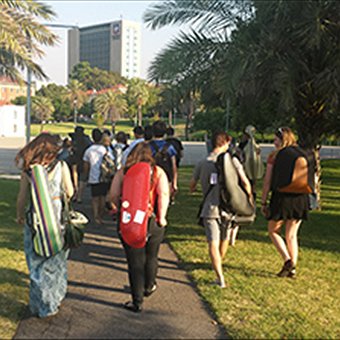
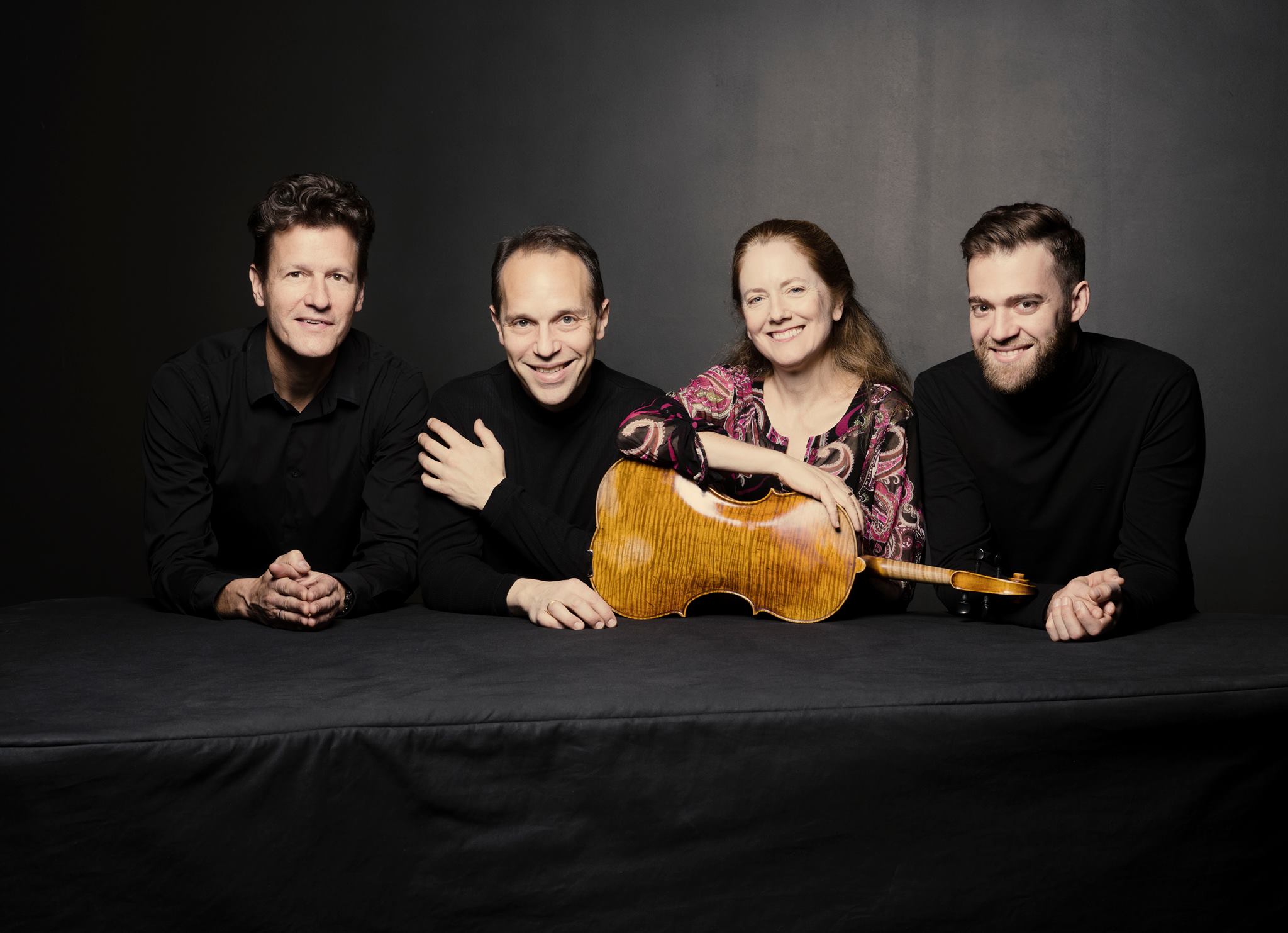
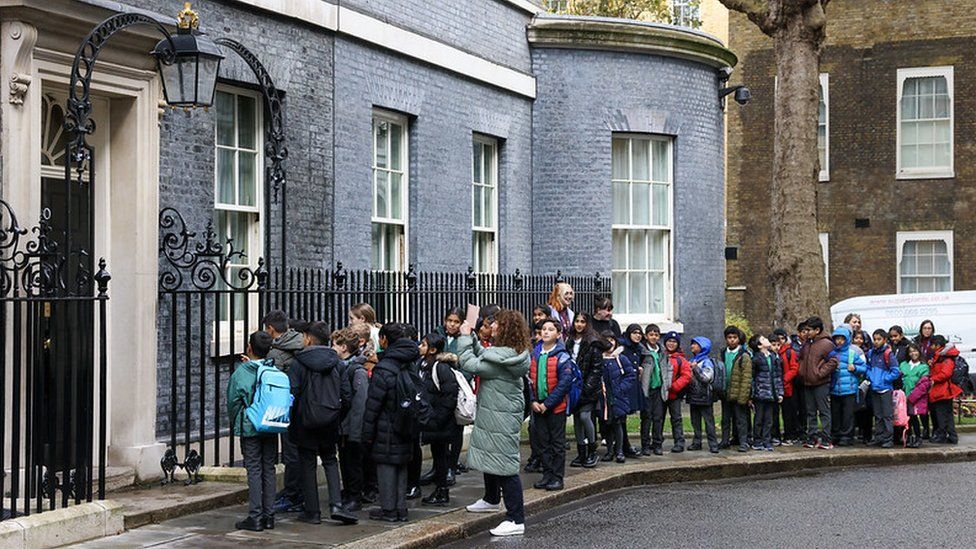
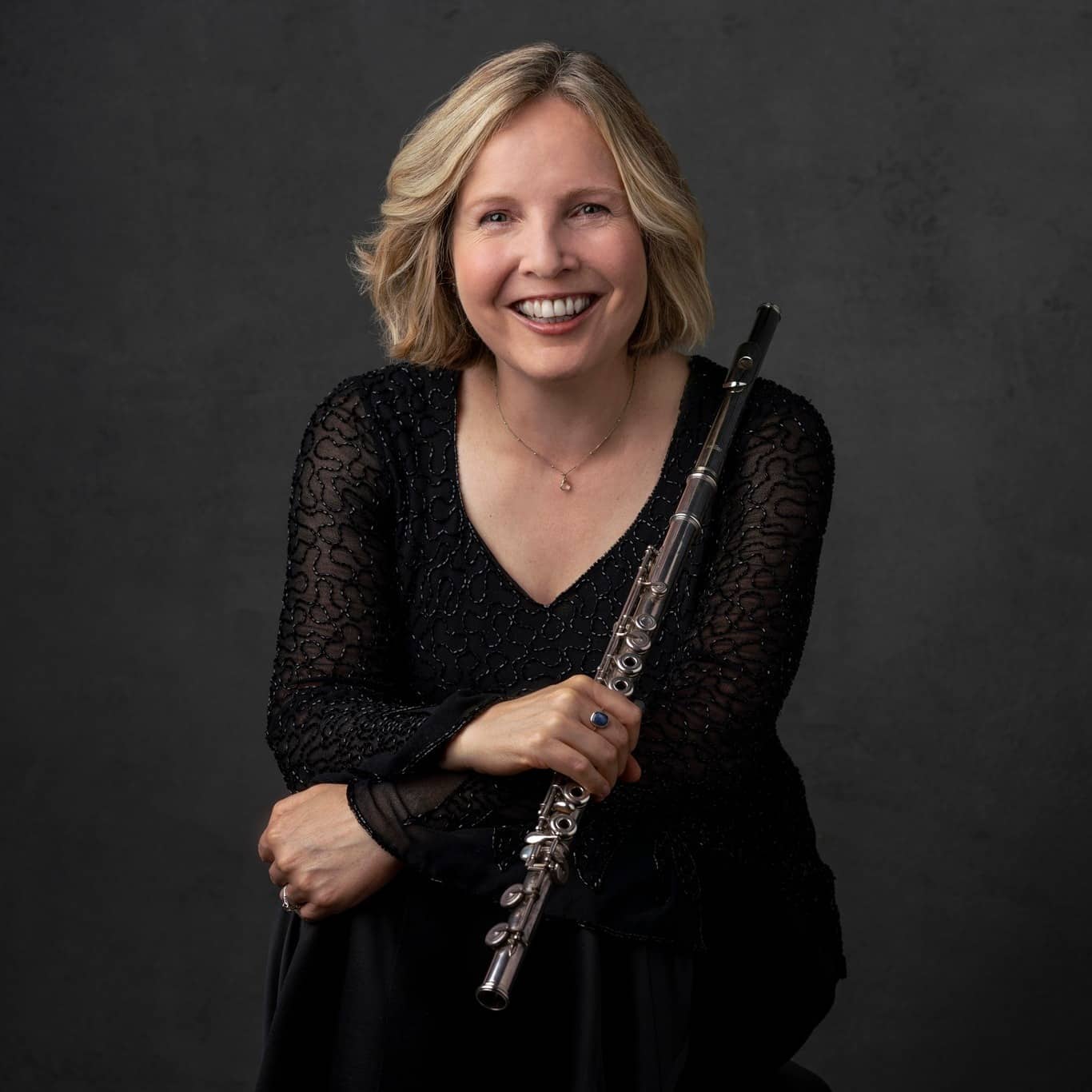
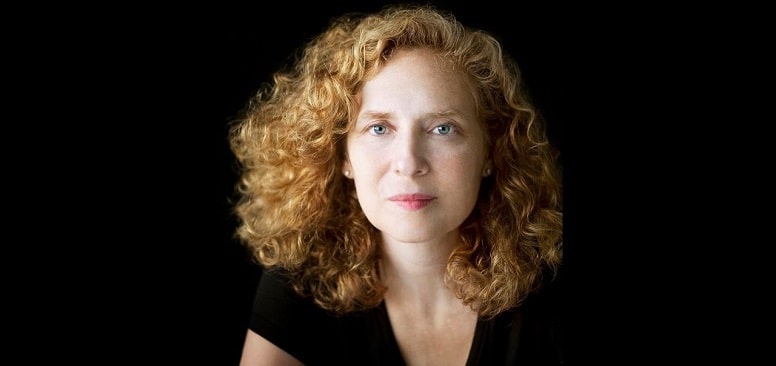
A large part of the issue is the inability to recruit and retain music educational specialists in regional schools. NSW is the most densely populated state with a successful history of regional cons. Just across the border in SA you have a Department who prioritises instrumental music education for metro schools in the most affluent socioeconomic areas, because those are the students deemed to have the most “potential”.
Kate, is it that those kids have the most ‘potential’ or that their parents, i.e., ‘voters’ have the most pull?
I suppose they have the most “potential” because for whatever reason, they are already starting off from a good place. Thus is it efficient for the state to spend where the likelihood of a good return is probable.
It’s worse in New Zealand. Other than our National Orchestra we are able to maintain about 3 others to a limited acceptable level. The future is bleak for music education, especially academic, so there are fewer younger musicians coming through. For a career the best of our musicians have to go overseas. Funding them is difficult. If we consider opera the situation is worse. In Wellington, the capital city, we are lucky to have one opera a year in which students have at least one chance to appear in a chorus. Taking the population as a whole there is an overwhelming imbalance in interest between sport and music.
Very good analysis of an important problem. Regional orchestras and conservatoriums are good strategies. Therefore funding from governments is a very good idea. Philanthropic endowments also.